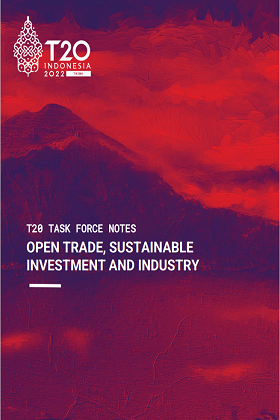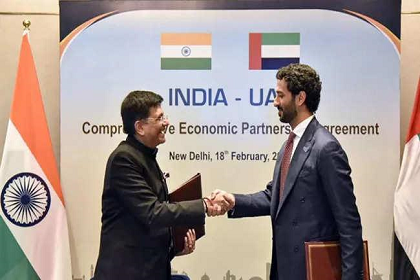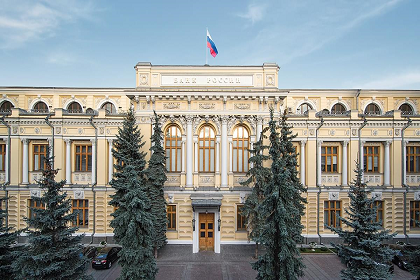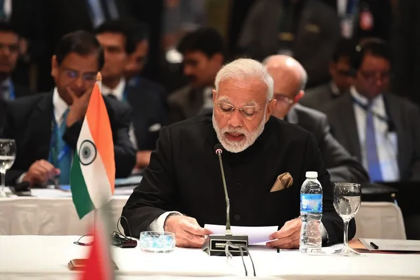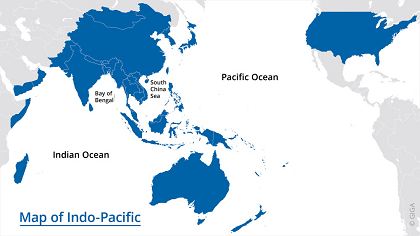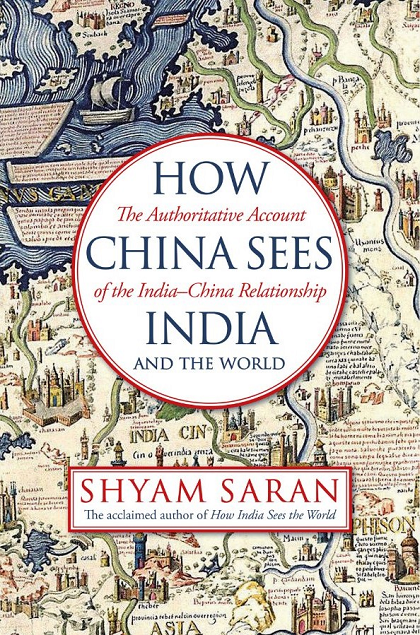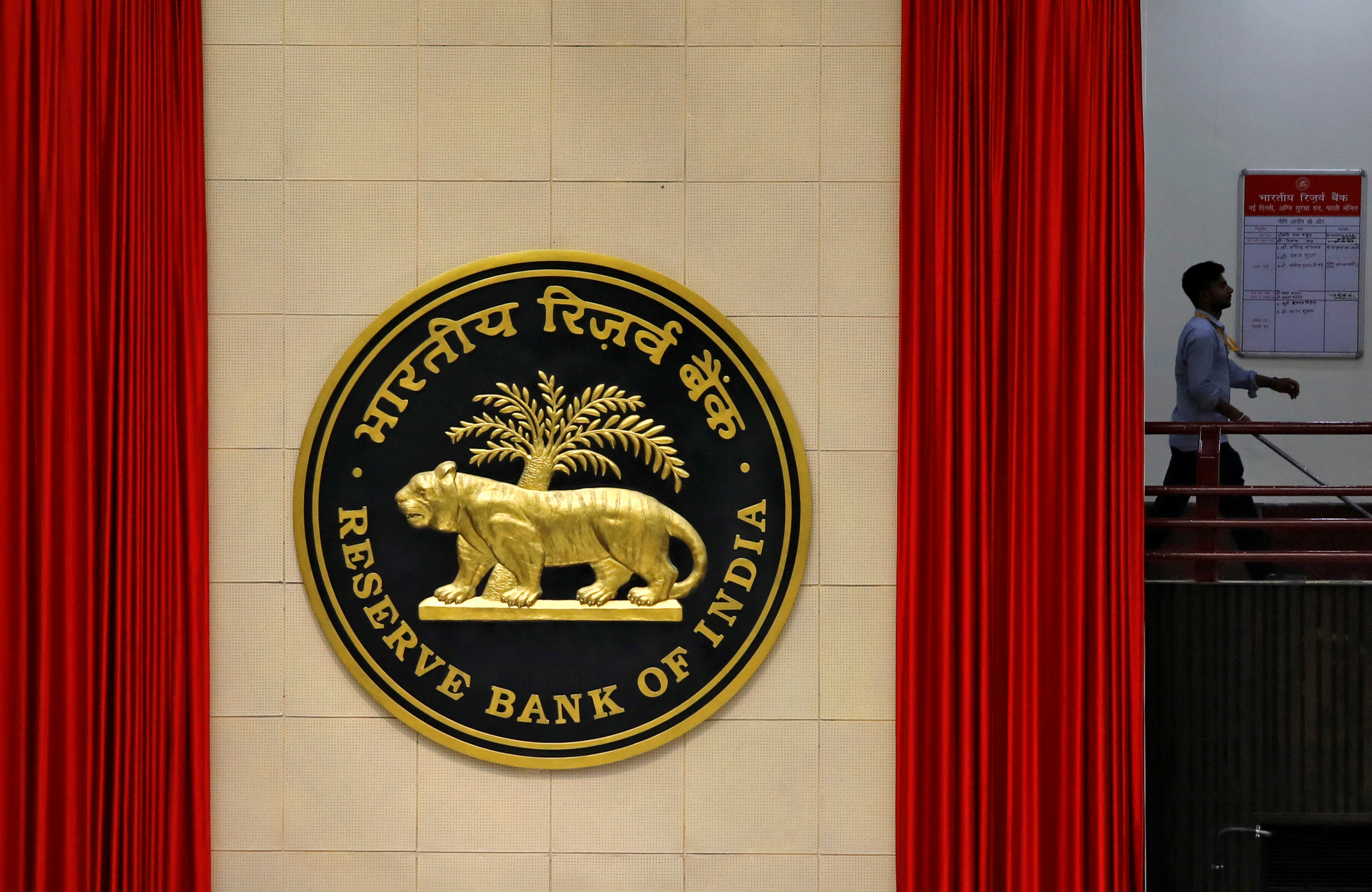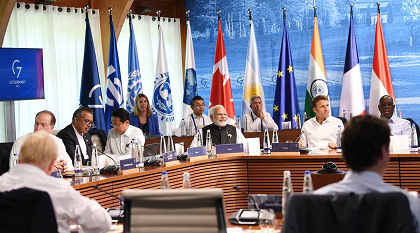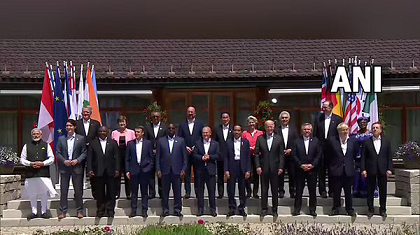T20 Task Force Notes on Open Trade, Sustainable Investment and Industry
G20 President Indonesia, hosted the Think-20 (T20) Summit in Bali 4-6 September. The recommendations of the working groups resonate in the Leaders’ Statement released at the G20 Leaders’ Summit. The T20 Task Force on Open Trade, Sustainable Investment and Industry published its notes on multilateral trade reform, digital trade, health. Yose Rizal Damuri of CSIS, is the Lead Co-Chair of this Task Force.

